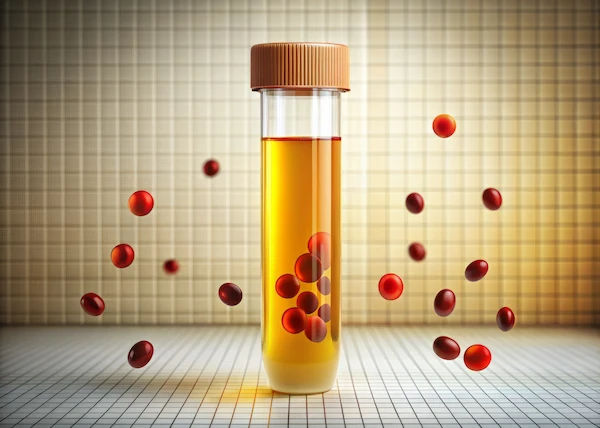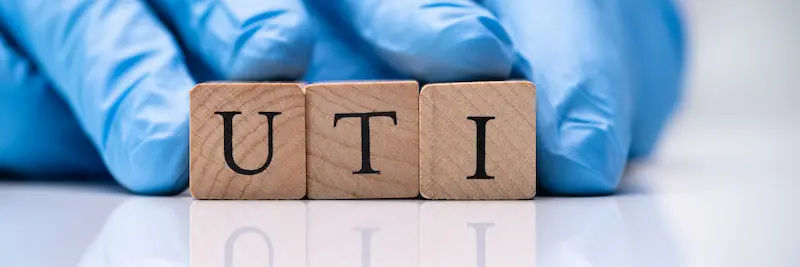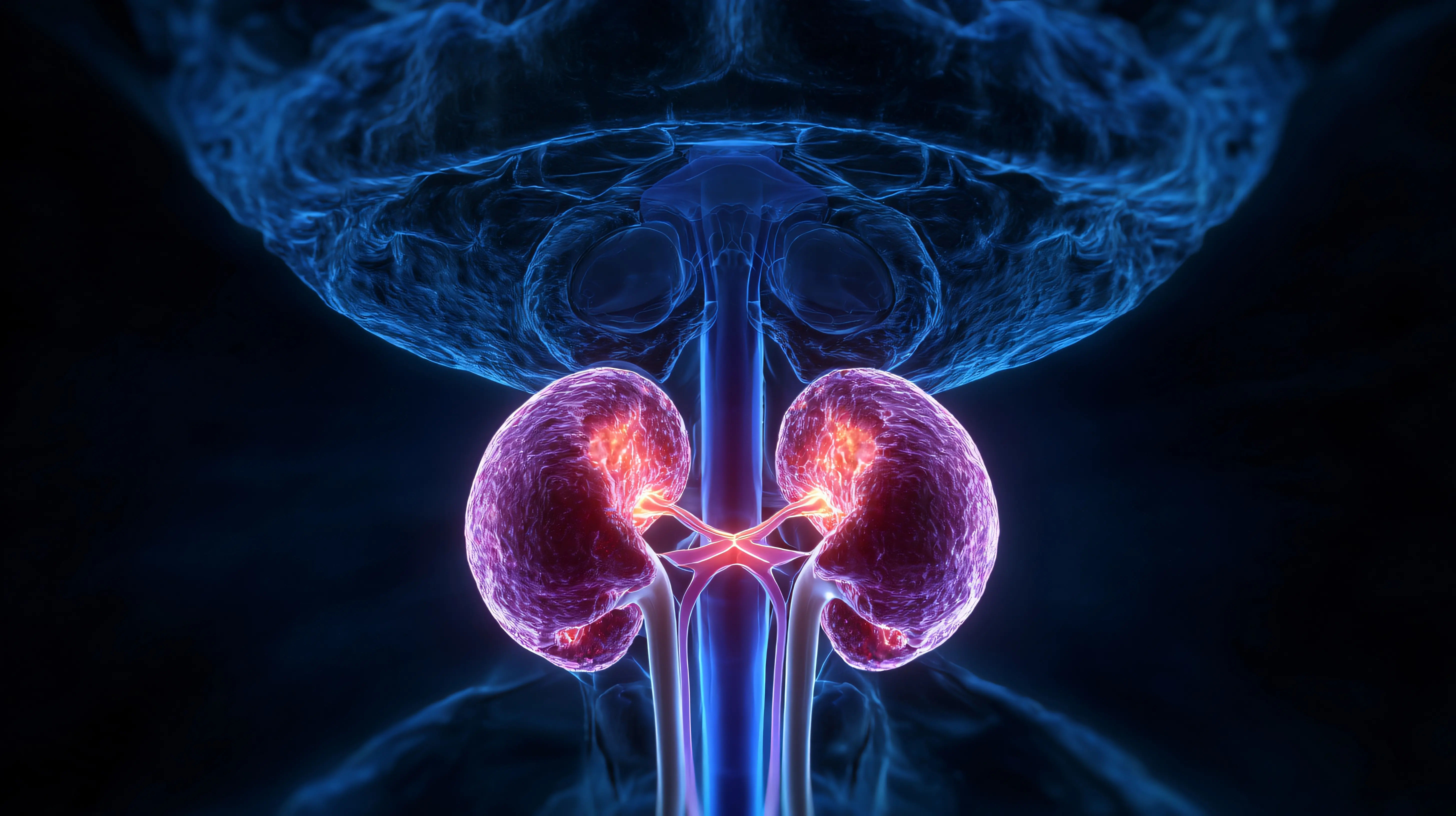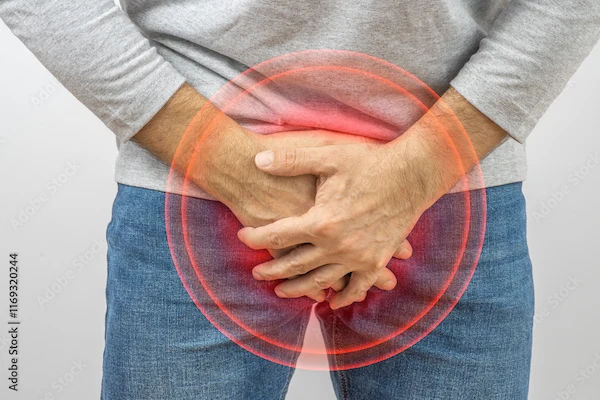- male
- 30 Years
- 22/01/2025
Does having agglutination in a semen test mean its harder to get pregnant, and is it something we should be worried about? We've been trying to conceive for about five months now, and I'm a bit concerned about what this might mean for our chances. What should we do next?
Answered by 1 Apollo Doctors
The presence of agglutination in a semen analysis may indicate an issue with sperm motility, as it suggests that sperm are clumping together. While this can potentially affect fertility, it is not always a major problem. I recommend consulting a fertility specialist for further evaluation and guidance, as other factors also play a role in conception.
Dr. Anshul Suggests...
Consult a Urologist
Answered 04/07/2025
0
0


Ask Apollo
AI powered Health Chatbot
-
Understanding Agglutination in Semen
- Agglutination refers to sperm clumping together, which can affect motility and fertility.
-
Impact on Fertility
- It may make conception harder, depending on severity and other factors.
-
When to Be Concerned
- If agglutination is significant, a comprehensive fertility evaluation is advised.
-
Next Steps for a Couple Trying to Conceive
- After five months, consider consulting a fertility specialist.
- Diagnostic tests for both partners may be recommended.
-
Lifestyle and Supportive Measures
- Adopt healthy lifestyle changes to improve fertility.
- Seek emotional support and counseling if needed.
-
Relevant Medical Specialties and Resources
- Consult a urologist or fertility specialist for further evaluation and guidance.
Recommended next steps
Consult a Infertility Specialist or Consult a Urologist
Answered 20/08/2025
0
0
More Urology Health Queries
View allI'm a 25-year-old woman who just got married, and my husband is 26. We're not planning to have a baby for at least three more years. However, my husband has been experiencing premature ejaculation. Could this lead to pregnancy? What steps can we take to address this, and what type of protection should I consider?
Yes, premature ejaculation can still lead to pregnancy, as sperm can be present in pre-ejaculatory fluids; to manage this, consider consulting a urologist or sexologist for guidance on treating premature ejaculation, and in the meantime, use condoms or other barrier methods as a reliable form of birth control, and consider emergency contraception like Plan B or i-Pill if you have unprotected sex.
Answered by 1 Apollo Doctors
I'm really worried because I've been addicted to drugs, and now it seems like my sperm count is lower and my penis feels weak. I've stopped using drugs, but things aren't improving yet. What can I do to help my body recover?
It takes time visit Psychitrist for appropriate management
Answered by 1 Apollo Doctors
I'm experiencing some discoloration on the top part of my glans after being treated for secondary phimosis with a cream from a dermatologist. Theres no pain or irritation, but the doctor mentioned it could be LSABXO and might not be treatable. Is there any way to treat this discoloration, and if it's not treated, what could happen? Also, I've noticed I can keep the foreskin retracted without feeling any tightness. Is it okay to do this auto-circumcision all the time?
Discoloration Treatment and Potential Complications 1. Treatment options: For the discoloration, similar to vitiligo, treatment options are limited. Your dermatologist may recommend: - Topical corticosteroids to reduce inflammation. - Topical immunomodulators to modulate the immune response. - Phototherapy, such as narrowband UVB, to stimulate repigmentation. 2. Potential complications: If left untreated, the discoloration may: - Persist or worsen over time.
Answered by 1 Apollo Doctors
Disclaimer: Answers on Apollo 247 are not intended to replace your doctor advice. Always seek help of a professional doctor in case of an medical emergency or ailment.



.webp)

